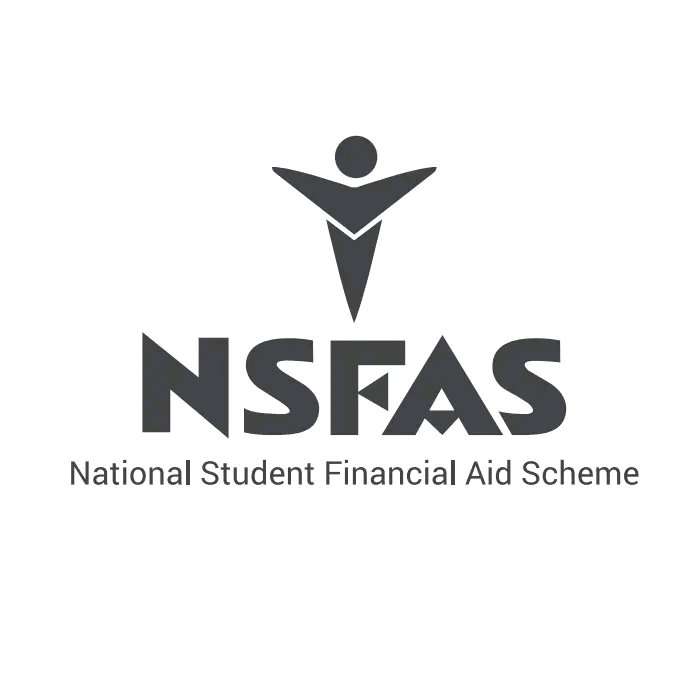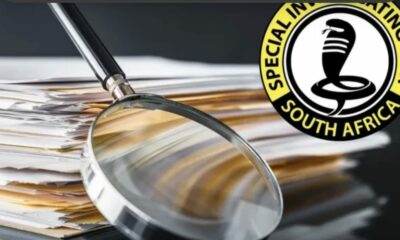News
Over 100,000 Students Risk Losing NSFAS Funding as R14 Billion Shortfall Deepens

Over 100,000 Students Risk Losing NSFAS Funding as R14 Billion Shortfall Deepens
A storm is brewing in South Africa’s higher education sector and for more than 100,000 university students, it could mean the difference between continuing their studies or dropping out altogether.
The National Student Financial Aid Scheme (NSFAS) has warned that it faces a R14 billion funding shortfall, threatening to exclude thousands of eligible students in 2026. The fund, which supports poor and working-class students across the country, says it simply does not have enough money to cover everyone who qualifies.
For a generation that already feels forgotten, this crisis is more than a financial issue, it’s a test of South Africa’s promise that education should be a right, not a privilege.
A Funding Crisis Years in the Making
During a recent briefing to Parliament, NSFAS leadership revealed the full extent of the problem: only about 520,000 students can be funded next year, leaving over 100,000 eligible applicants stranded without support.
The shortfall, initially pegged at R11.6 billion earlier this year, has now ballooned to nearly R14 billion after second-semester registrations, a figure that shocked even government officials.
In response, a technical task team made up of the Department of Higher Education and Training (DHET), National Treasury, and the Presidency has been set up to find solutions. The group has until the end of the year to produce a sustainable funding framework for Cabinet.
But for many students who rely on NSFAS for rent, tuition, and food, policy reports and technical terms don’t pay the bills.
“A Moral and Political Failure,” Says Student Union
The South African Union of Students (SAUS) didn’t mince words in its response. Spokesperson Thato Masekoa called the crisis “a moral and political failure,” accusing government of neglecting the very youth whose education is supposed to shape the nation’s future.
“For years, students have been made to carry the burden of government inaction, corruption, and mismanagement,” said Masekoa.
“We cannot keep blaming ‘budget constraints’ while billions are lost to inefficiency and waste. Education is not a privilege, it’s a constitutional right.”
SAUS is now calling for urgent intervention from National Treasury in the upcoming Medium-Term Budget Policy Statement, warning that the exclusion of thousands of students would be catastrophic for both the education system and the economy.
NSFAS: Billions Owed, Few Repaid
Acting NSFAS CEO Wassen Carrim acknowledged that part of the problem stems from a long-term failure to collect outstanding debt.
When NSFAS shifted from a loan model to a bursary system in 2017, its loan recovery systems collapsed. As a result, R45 billion in unpaid loans still sits on its books, money that could have significantly eased today’s shortfall.
Carrim said no debts have been written off and that a loan recovery strategy is now in place. But critics argue that recovery efforts have come far too late, and that NSFAS’s internal inefficiencies from slow disbursements to ongoing corruption scandals, have undermined public trust.
The Bigger Picture: South Africa’s Education Time Bomb
The NSFAS crisis highlights a larger problem facing South Africa: the growing disconnect between education policy and economic reality. With youth unemployment hovering around 45%, access to higher education is one of the few lifelines for young people from poor and working-class backgrounds.
But if funding dries up, that lifeline snaps.
In township communities and rural villages, students and their families are already expressing despair. On X (formerly Twitter), one user wrote:
“We were told education is the key to success, but now even the key has been repossessed.”
The sentiment echoes across campuses, where student leaders warn of protests if government fails to act. Universities, too, fear a repeat of the #FeesMustFall unrest that rocked campuses a few years ago.
The fate of thousands of students now hinges on Finance Minister Enoch Godongwana’s medium-term budget speech. NSFAS officials have made it clear that without additional Treasury support, funding cuts will be unavoidable.
At stake is not just access to education, but the credibility of a government that once declared “no student should be left behind.”
If Treasury doesn’t step in, South Africa risks creating an education divide that will take a generation to fix.
As Masekoa of SAUS put it bluntly:
“We cannot allow the dreams of poor students to die because of government mismanagement. Education is the one thing that can still save this country, if only we choose to fund it.”
{Source: The Citizen}
Follow Joburg ETC on Facebook, Twitter , TikTok and Instagram
For more News in Johannesburg, visit joburgetc.com



























